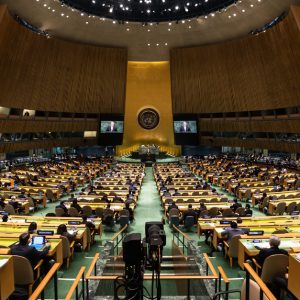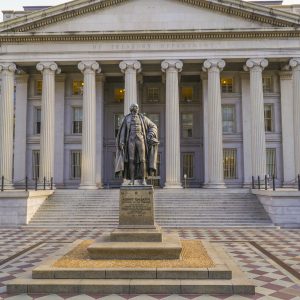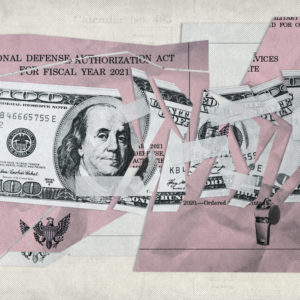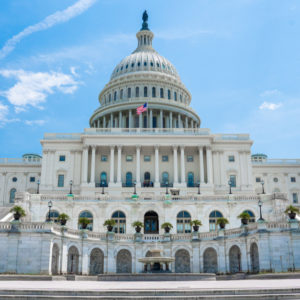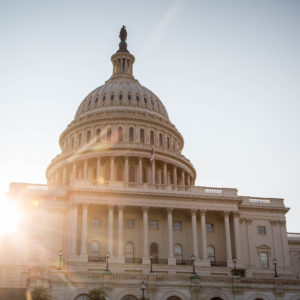
Rep. Doggett and Sen. Whitehouse Introduce Bill to Crack Down on Offshore Corporate Tax-Dodging
When people think of the corporate tax cuts that were included in the so-called Tax Cuts and Jobs Act (TCJA) enacted by Trump and congressional Republicans in 2017, they usually think of the reduction in the corporate tax rate from 35 percent to 21 percent. But that was not the only corporate giveaway.


